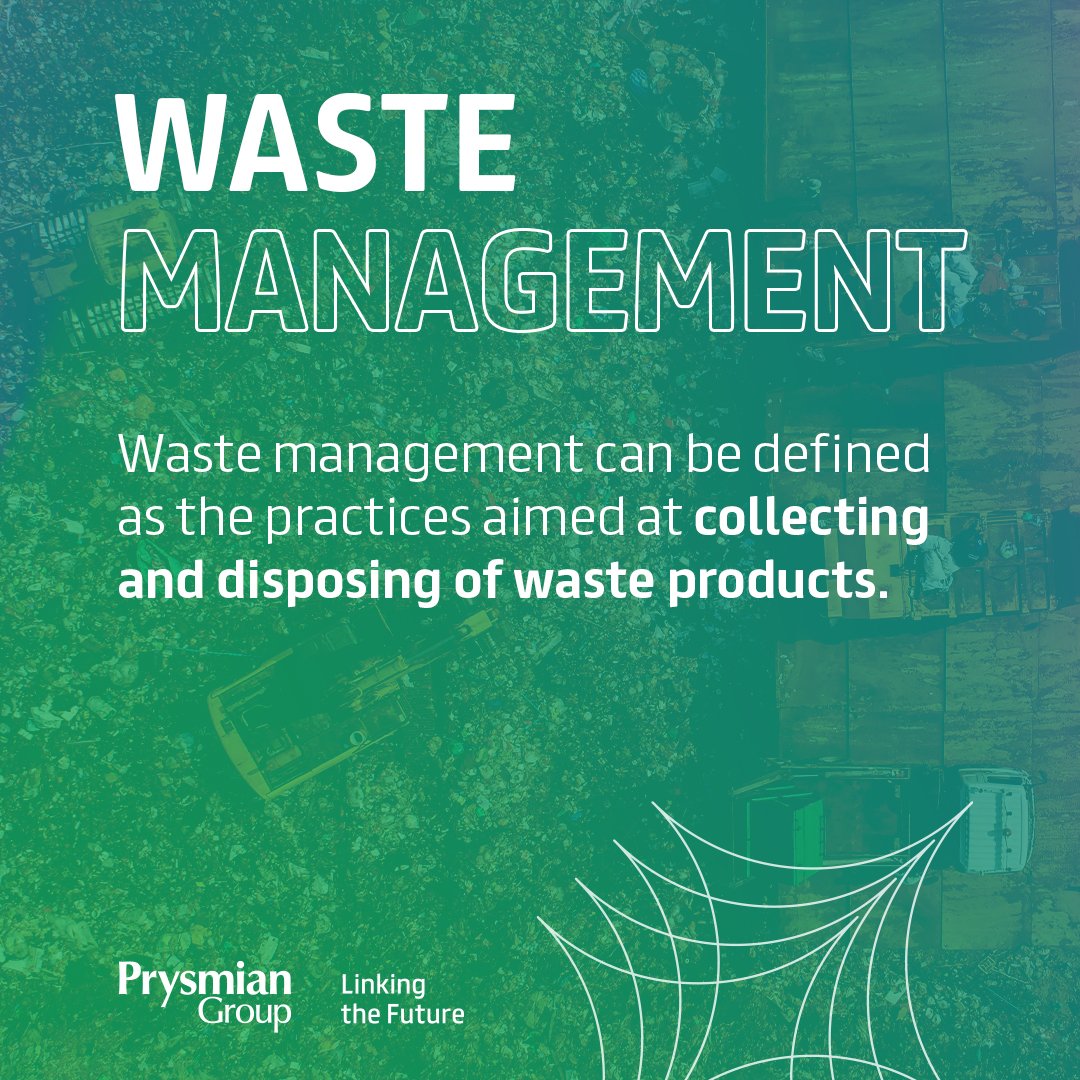Reclaim Waste Things To Know Before You Get This
Reclaim Waste Things To Know Before You Get This
Blog Article
The Ultimate Guide To Reclaim Waste
Table of ContentsThe Buzz on Reclaim WasteHow Reclaim Waste can Save You Time, Stress, and Money.The Reclaim Waste PDFsThe smart Trick of Reclaim Waste That Nobody is DiscussingEverything about Reclaim Waste
Domestic sewer waste refers to the waste and products from a property septic container. The proper administration and disposal of residential sewage waste require liquid waste to be transferred to a sewer treatment plant where the proper techniques and tools are applied to purify and dispose of waste.
Commercial waste usually includes potential dangers, such as combustible materials or a mix of fluid and solid waste items, and requires an advanced and thorough disposal procedure. The disposal of industrial waste commonly entails the purification of waste prior to transportation to ensure safe and proper disposal. Hazardous waste is produced from by-products and overflow of commercial procedures and manufacturing.
This sort of waste can not use the very same sewer administration transportation or processes as septic or business fluids. The hazardous waste monitoring process calls for the evaluation and screening of fluid waste before it undergoes the disposal procedure (liquid waste disposal melbourne). Drainage waste is the liquid waste that originates from drainage and excess stormwater in extremely inhabited areas or cities
Overflow waste can cause contamination and flooding if not managed properly. Guaranteeing proper waste monitoring can avoid catastrophes and reduce environmental injury.
Some Ideas on Reclaim Waste You Need To Know
Get in touch with PROS Services today to discover our waste administration and disposal solutions and the proper ways to care for the liquid waste you create.
(https://blogfreely.net/reclaimwaste1/yc311a58b1)Do you recognize what takes place to your water when you disengage, purge the toilet or drain pipes the washing machine? No? Well, it's worth understanding. This so-called 'wastewater' is not just an important resource however, after treatment, will be released to our land, rivers or the sea. Made use of water from commodes, showers, bathrooms, kitchen sinks, washings and industrial processes is referred to as wastewater.

water utilized to cool down machinery or clean plant and devices). Stormwater, a form of wastewater, is runoff that flows from agricultural and metropolitan locations such as roofing systems, parks, gardens, roads, courses and seamless gutters into stormwater drains, after rainfall. Stormwater flows neglected directly to local creeks or rivers, ultimately reaching the ocean.
The Buzz on Reclaim Waste
In Queensland, many wastewater is treated at sewage treatment plants. Wastewater is transported from domestic or industrial sites via a system of drains and pump stations, referred to as sewage reticulation, to a sewer therapy plant. Neighborhood governments build, maintain and operate most sewer therapy plants. Operators are accredited under the Environmental Security Act 1994 to release treated wastewater at an acceptable ecological criterion into waterways.
The Department of Natural Resources recommends city governments concerning managing, operating and keeping sewerage systems and treatment plants. In unsewered areas, city governments may need homeowners to mount private or family sewer therapy systems to deal with residential wastewater from toilets, cooking areas, bathrooms and laundries. The Department of Natural Resources authorises making use of family systems when they are confirmed to be efficient.
Most stormwater gets no therapy. In some brand-new neighborhoods, treatment of some stormwater to get rid of litter, sand and crushed rock has actually begun utilizing gross contaminant catches. Wastewater treatment happens in four phases: Gets rid of solid issue. Bigger solids, such as plastics and various other items wrongly discharged to drains, are removed when wastewater is passed with screens.
Wastewater then flows into big storage tanks where solids work out and are gotten rid of as sludge. Oil and scum are skimmed from the surface area. Uses small living organisms referred to as micro-organisms to damage down and remove continuing to be dissolved wastes and fine fragments. Micro-organisms and wastes are integrated in the sludge. Eliminates nitrogen and phosphorus nutrients that might cause algal blooms in our waterways and intimidate aquatic life.
10 Simple Techniques For Reclaim Waste
Nutrient elimination is not readily available discover this at all sewer therapy plants because it calls for costly specialized devices. Clear liquid effluent produced after therapy might still contain disease-causing micro-organisms - liquid waste removal.

This typically suggests wastewater needs to be treated or contaminants gotten rid of prior to it can be discharged to waterways. Most wastewater flows into the sewerage system. Under the Act, city governments carry out approvals and licences for environmentally appropriate activities (Periods) including wastewater launches that may have a neighborhood influence. The division provides authorizations and permits to Ages entailing wastewater releases that may have a local or statewide impact.
Getting My Reclaim Waste To Work
Otherwise, samples are considered lab evaluation. Usually several tests are needed to establish the levels of each of the various toxins such as oils, hefty metals and pesticides in water. Tracking provides accurate info concerning water high quality and can validate that licence conditions are being met. The info acquired with tracking gives the basis for making water top quality choices.
Report this page